


If Nippon Steel can successfully develop the technology use hydrogen in place of convention coal in steelmaking, it could cut CO2 emissions by up to 50%.
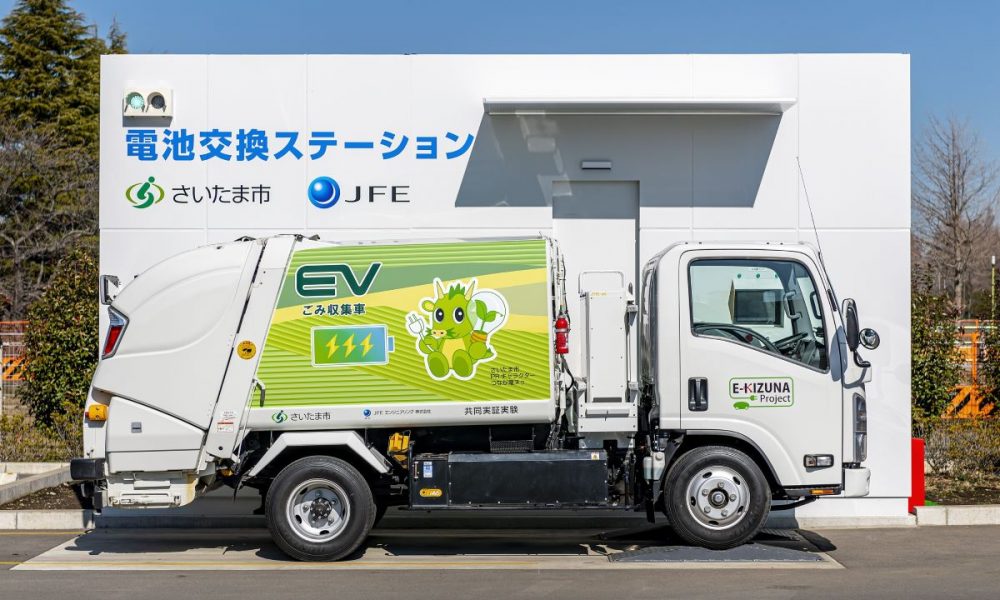
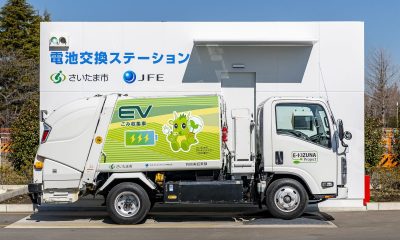

Test runs of the EV garbage trucks are to start in April as the city aims to reduce greenhouse gas emissions and establish a circular waste...



The 2025 Osaka Expo has released an app that gamifies reducing your carbon footprint. Users can engage in eco-friendly activities to earn points and win prizes.



Drawing from SpaceJet failures, Japan's aviation plan outlines strong government support, partnering with foreign manufacturers, and public-private cooperation.
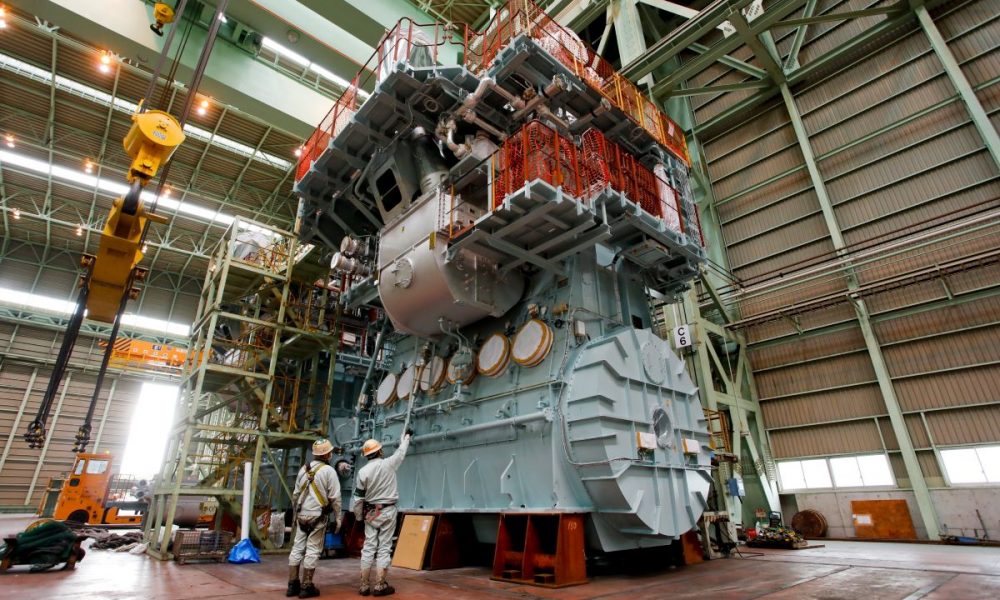
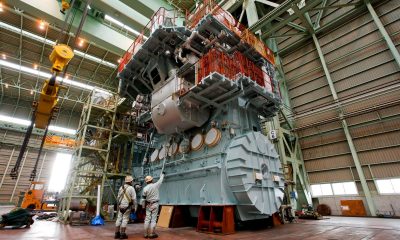

A Hitachi Zosen subsidiary is working on decarbonization of maritime transport by converting ship engines to run on net zero-emission green methanol fuel.
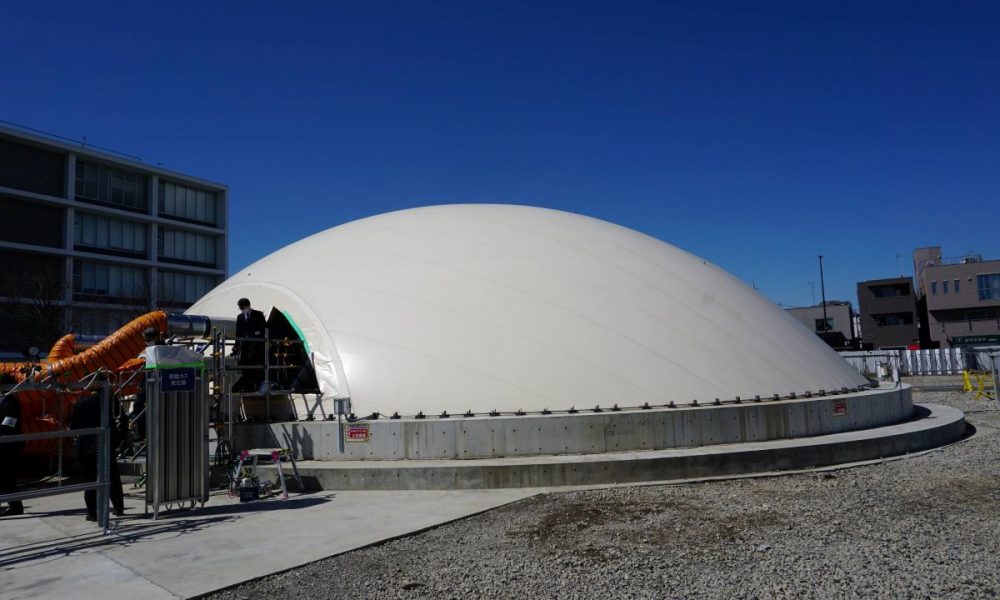


Achieving a 70% reduction in CO2 emissions, Kajima's low-carbon concrete could prove to be a game changer for the heavily-emitting construction industry.



Honda revealed its new fuel cell vehicle that can be recharged at home, a convenient option in the transition away from conventional fossil fuel-powered cars.



A new label will soon adorn produce on sale in stores, as the government begins a new scheme to inform consumers of emissions from agricultural products.
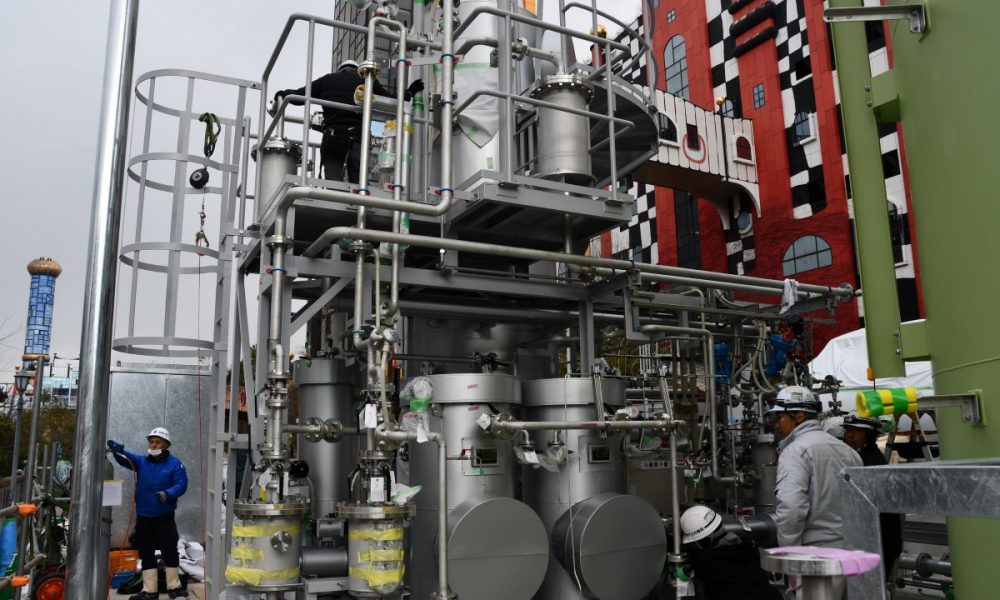
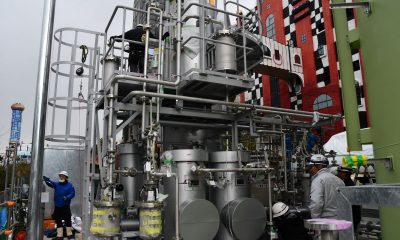

A method to convert food waste into fuel will be tested at the 2025 Osaka Expo. If successful, it could play a key role in a...
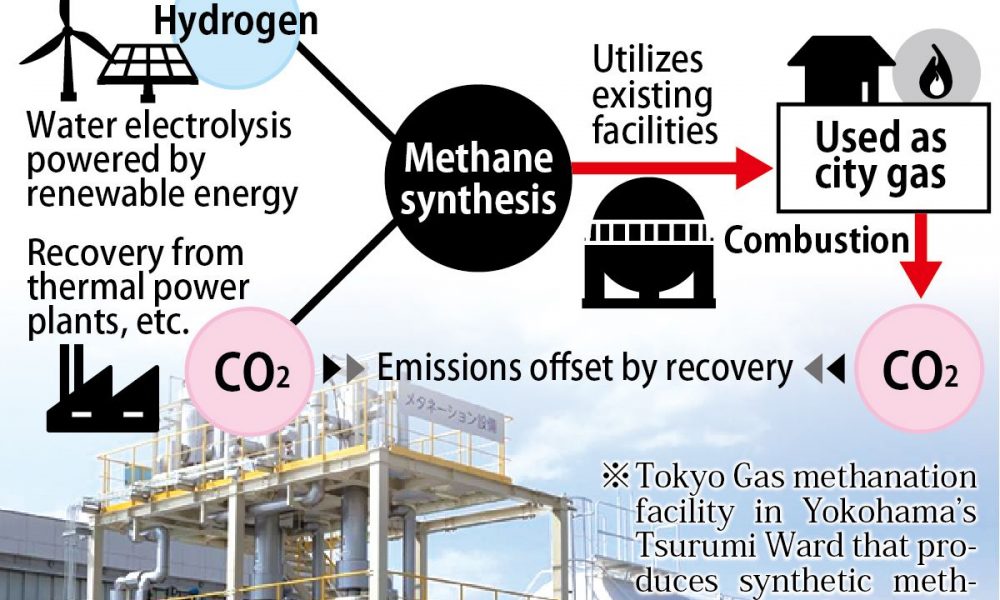
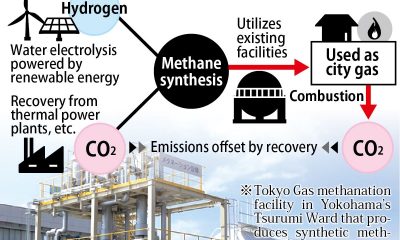

City gas companies are testing synthetic methane technologies and advancing plans to import synthetic methane toward transitioning away from fossil fuels.
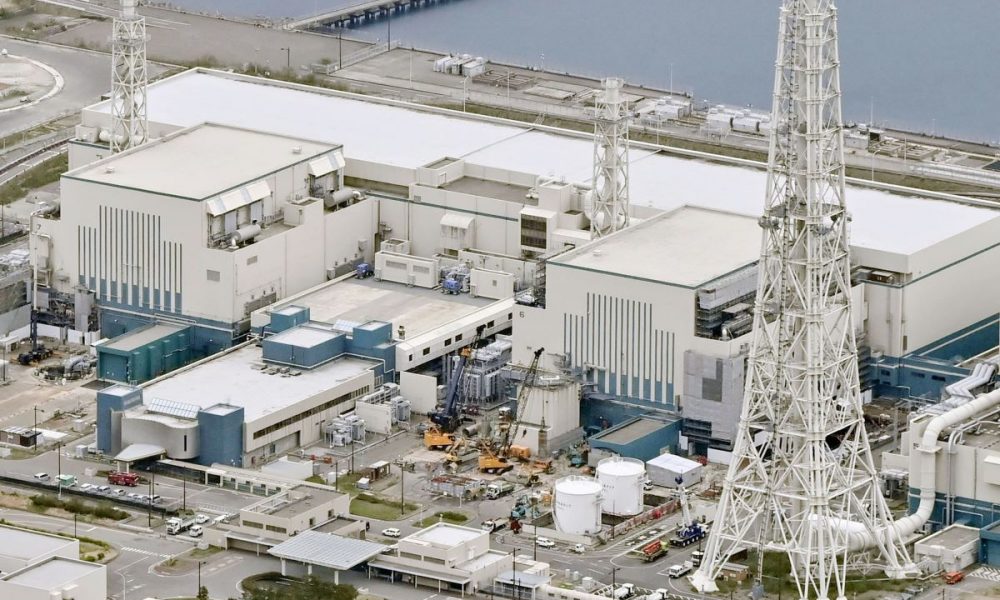
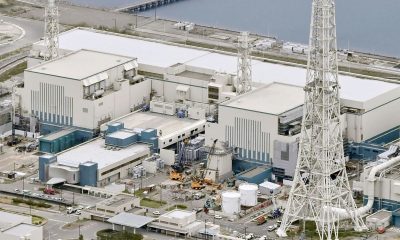

The Kashiwazaki-Kariwa Nuclear Power Station would have contributed to Japan's stable energy supply. But the NRA only lifted the ban after nearly three years.
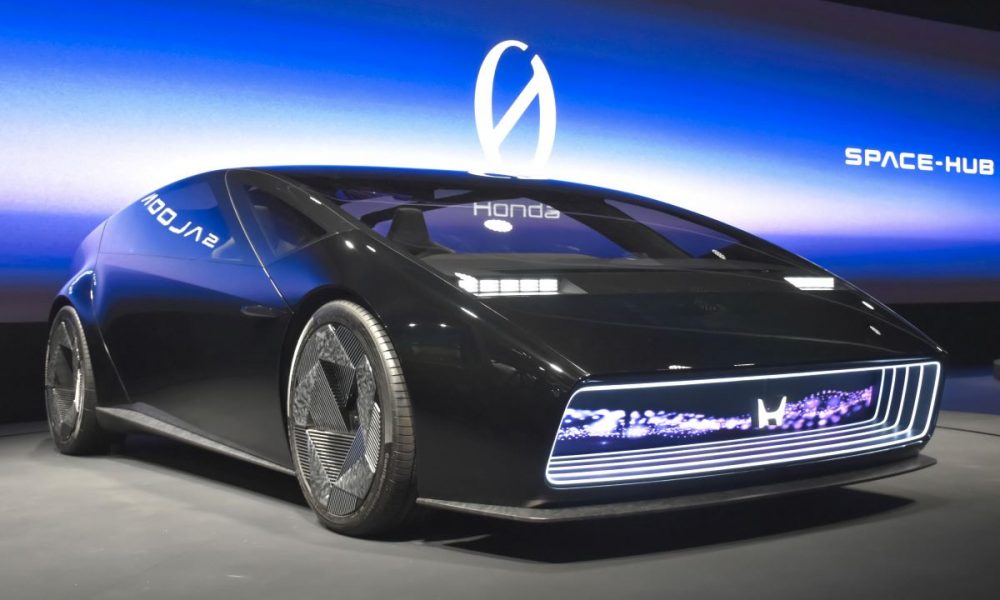


In its latest move to phase out gasoline-powered cars, Honda unveiled two of its next-gen 'Zero Series' of EVs, signifying a new branding for the company.